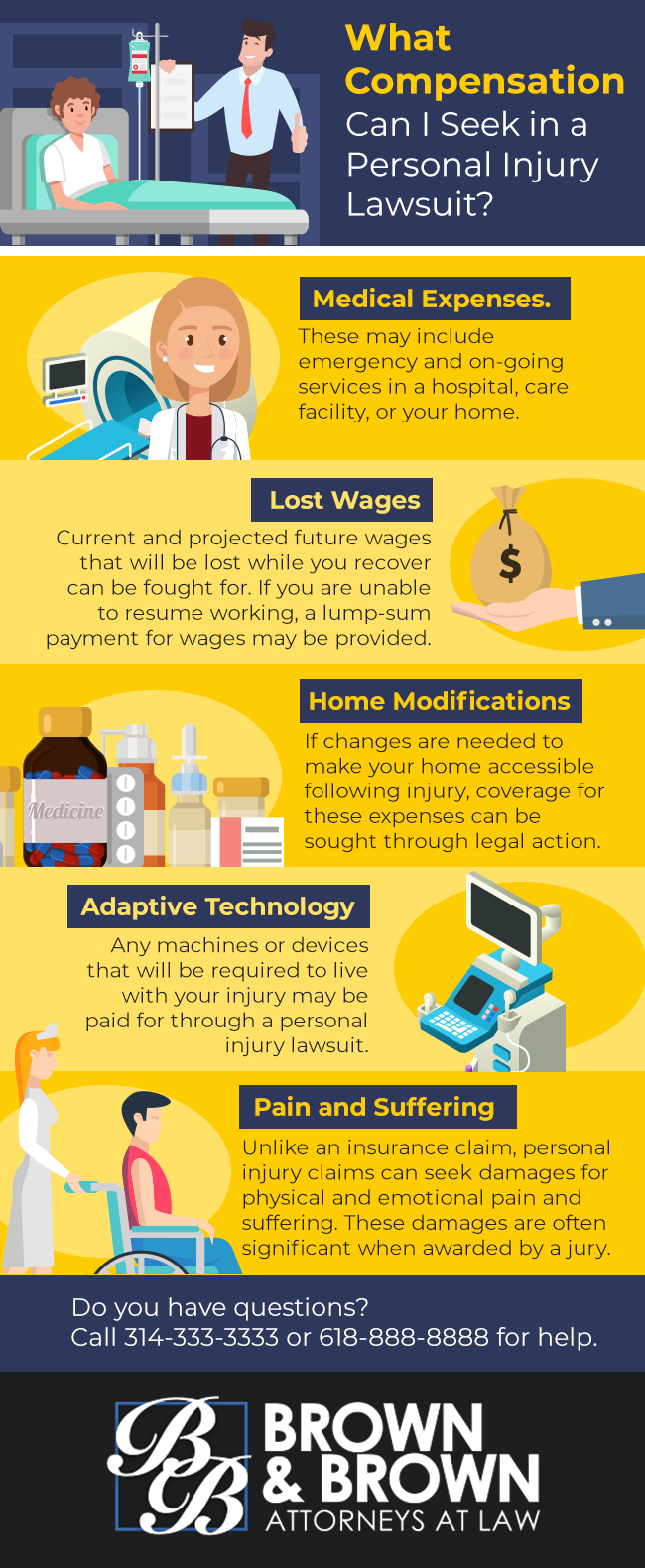Landlord-Tenant Regulation: A Real Estate Legal Representative'S Guide
Landlord-Tenant Regulation: A Real Estate Legal Representative'S Guide
Blog Article
Staff Author-Staal Richmond
When it concerns landlord-tenant law, recognizing your legal rights and obligations is vital for both events. You could assume you have a solid understanding on the fundamentals, but there are frequently nuances that can capture you off guard. Whether you're a property owner taking care of a home or a renter searching for a stable home, comprehending the lawful landscape can make all the difference. What may amaze you are the intricacies associated with navigating disputes and eviction processes.
Comprehending Tenant Rights and Responsibilities
When you rent a home, it's vital to recognize your legal rights and responsibilities as a lessee. You have the right to a safe and habitable living environment, indicating your property manager should maintain vital solutions like home heating, plumbing, and power.
You're additionally qualified to privacy; proprietors generally require to supply notice before entering your device.
On the other hand, you're responsible for paying lease in a timely manner, keeping the residential property clean, and not causing damage beyond regular wear and tear.
Acquaint yourself with your lease contract, as it outlines certain rules and commitments. Being aware of these facets not just secures you but also promotes a favorable relationship with your landlord.
Remain educated, and you'll navigate your occupancy better.
Key Proprietor Commitments and Legal Considerations
While you might recognize your rights as an occupant, it's similarly essential to understand your landlord's obligations.
Landlords need to offer a safe and habitable living environment, making certain that vital systems like home heating, plumbing, and power remain in functioning order. They're also responsible for making necessary repair services promptly and adhering to regional building ordinance.
Additionally, property managers must value your privacy by giving proper notification prior to entering your device, normally 24 hr. https://www.freeths.co.uk/legal-services/private-client-family/wills-trusts-probate/estate-administration-lawyers/ should deal with security deposits according to state regulations, including returning them promptly after you leave, minus any type of lawful reductions.
Understanding these responsibilities can help you keep a favorable relationship with your landlord and ensure your living scenario meets lawful standards.
Navigating Conflicts and Eviction Processes
Disputes in between property managers and occupants can develop suddenly, making it crucial for you to understand the procedures involved in fixing them.
First, communication is essential-- try to talk about issues directly to discover a concession. If that falls short, familiarize on your own with your local legislations relating to disagreements and expulsion. Document every little thing: maintain documents of communications, payments, and any kind of offenses.
If eviction comes to be necessary, ensure you follow the lawful steps needed in your location, which frequently includes giving created notification and a details duration for resolution.
Be prepared to go to court if the situation rises, as it may be your only recourse. Comprehending these processes will help you browse disputes better and protect your legal rights as either a proprietor or lessee.
https://rory-rich80ashlee.technetbloggers.de/realty-attorneys-protecting-your-financial-investment
In summary, comprehending landlord-tenant regulation is vital for both events associated with a rental arrangement. By knowing your civil liberties and duties, you can promote a much better living atmosphere and prevent disputes. If disagreements occur, remember that a real estate lawyer can assist direct you via the complexities of eviction procedures and legal responsibilities. Staying educated and aggressive will ensure a smoother rental experience, whether you're a property owner or a tenant.
